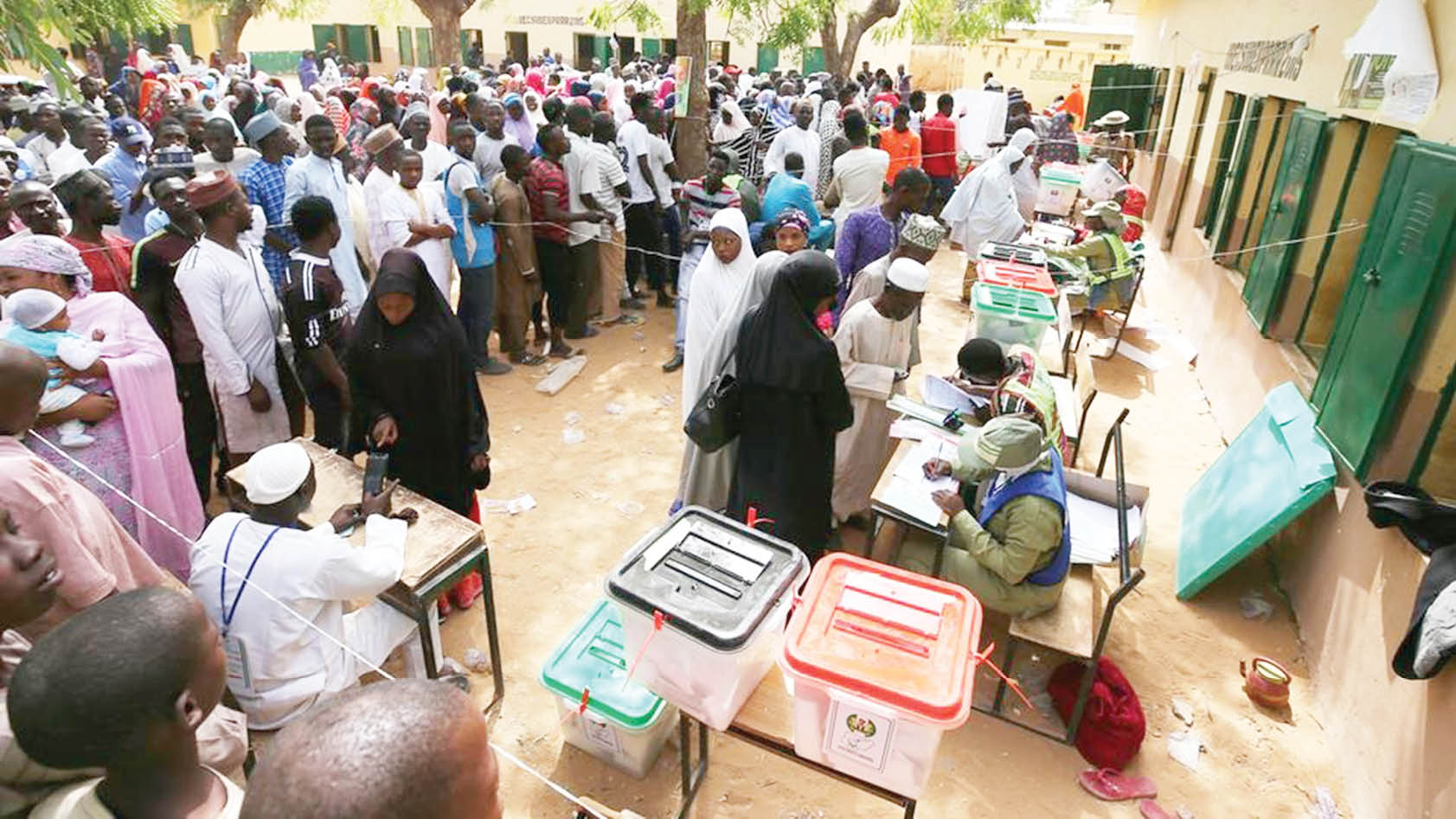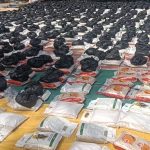By Ojooluwa Ibiloye
Democracy is often likened to a team sport, where the collective efforts of the participants—the government and the citizens; candidates and electorates—determine the outcome. Nigeria finds itself in a perplexing situation, running a democratic race without the active participation of its youth. The country’s democratic journey, spanning 24 years, has been commendable, but the lack of youth inclusion in governance remains a pressing concern. Just as a team of aging athletes would benefit from the energy and vitality of young contenders, Nigeria’s democracy would thrive with the active involvement of its youth.
Despite constituting approximately 60% of the population, young people in Nigeria have limited opportunities to engage in decision-making processes and gain leadership skills within the political landscape. Consequently, disinterest in governance has taken hold among the youth.
The recently held 2023 general elections in Nigeria exemplify this issue. Although the majority of new voters were young people, they did not have a decisive impact on the election outcome. According to data from the Independent National Electoral Commission (INEC), out of the 9.4 million newly registered voters, 76% were young people. Yet, in a disappointing turn of events, the voices of the youth were not effectively translated into electoral results. Among the current voter base of 93,469,008 individuals, 39.65% are between the ages of 18 and 34. With only 27% of eligible voters participating in the last presidential and national assembly elections, it is evident that many young people did not convert their social media activism into meaningful votes.
Moreover, the 2023 elections were marred by widespread disenfranchisement and intimidation, further exacerbating the disillusionment felt by young Nigerians. Misinformation and disinformation played a significant role, and many youths lacked sufficient knowledge about governing processes. There is also a noticeable lack of interest in political party participation, excluding young people from the crucial process of selecting party candidates through primaries. Established youth organizations like the National Youth Council of Nigeria (NYCN) and the National Association of Nigerian Students (NANS) have been mired in factionalism, diverting them from their original mandates.
Despite these challenges, the emergence of three state legislators in their twenties during the 2023 elections, namely Rukayat Shittu (Kwara), Muhammad Onyaki (Nasarawa), and Rasheed Kashamu (Ogun), offers a glimmer of hope. The constitutional amendment in May 2018, which reduced the age requirement for running for elective positions in the House of Assembly and House of Representatives from 30 to 25 years, was a step in the right direction. However, these instances of youth representation remain insufficient to drive meaningful change.
To address this pressing issue, it is essential to view democracy as an inclusive, active, and participatory model of governance, rather than an exclusionary and passive exercise. Engaging the youth in decision-making requires utilizing technology and new media platforms effectively. One area where young Nigerians have already showcased their potential is the effective use of social media for mobilizing social movements and promoting their businesses. Nigeria should recognize the transformative power of civic technology in data collection, information gathering, and policy solution generation cantered around youth shared priorities. New media platforms where Nigerian youth engage in policy debates, can serve as catalysts for youth participation in policymaking. By leveraging technology, Nigeria can overcome traditional barriers to youth participation, such as financial constraints and limited access to information.
In comparative terms, Nigeria can draw inspiration from countries in Africa, America, and Europe that have successfully integrated youth into their democratic processes. Countries like Kenya, Ghana, and South Africa have implemented youth quotas in political parties or reserved seats in legislative bodies for young people, thereby guaranteeing their representation. In the United States, youth-led movements such as March for Our Lives and the Sunrise Movement have demonstrated the power of youth engagement in shaping public discourse and policy outcomes. European nations like Norway, Finland, Austria and Estonia have also established initiatives such as youth mentorship programs and platforms for youth-led policy advocacy to bridge the gap between young citizens and political decision-makers. Nigeria can learn from these examples and adopt similar measures to give young people a meaningful role in our democratic processes.
Excluding the youth from political participation has far-reaching consequences. When we deny young Nigerians a voice in decision-making, we overlook their aspirations, concerns, and innovative ideas. This not only undermines the credibility of democracy but also hampers the nation’s progress.
It is imperative to recognize that true democracy cannot thrive without the active involvement of young citizens. Nigerian youth possess immense potential and should be empowered to contribute to the decision-making processes that shape their future. By providing avenues for meaningful engagement, Nigeria can build a stronger and more participatory democracy, where the voices of all its citizens, young and old, are heard and valued.
Ibiloye, the convener of the Youth Civic Activism in Nigeria (YouthCAN), writes from Abuja.

 Join Daily Trust WhatsApp Community For Quick Access To News and Happenings Around You.
Join Daily Trust WhatsApp Community For Quick Access To News and Happenings Around You.


